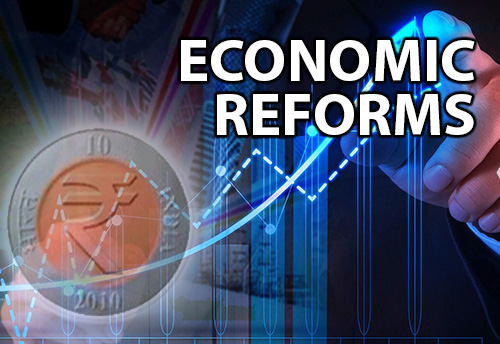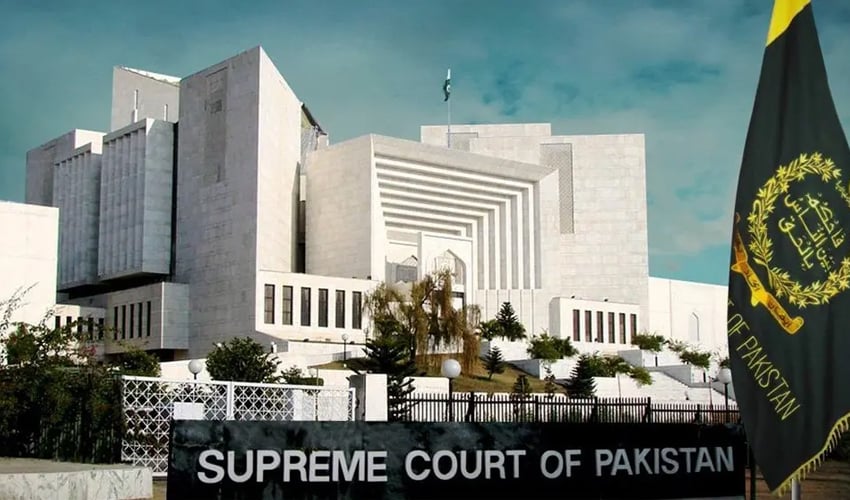EDITORIAL
Free, fair and Trasparent elections periodically are critical for a country’s institutions to mature. For the first time in history, Pakistan has had two parliaments complete the constitutional five years without a mid-year election (2008-2013 and 2013-2018). It is encouraging, but the electoral system in Pakistan needs to be reformed to accelerate the process of building robust democratic systems in the country.
- Currently, as it stands, both national and provincial assemblies remain in place for five years unless Parliament is dissolved earlier. Five years is long, and an immature democracy like Pakistan can not sustain the duration. Furthermore, recent experience has shown that the Parliament becomes confrontational, fragmented and often stagnant. The pressure of elections which is supposed to keep the government on its toes is distant in a 5-year term and contributes to this lack of cooperation between the political parties. Hence, there is a need to reduce the constitutional time of the Parliament at the provincial and federal levels to 4 years.
- The Federal and Provincial elections are held at the same time. Local government elections may also be held along with national elections to formulate a unified election day. It will ensure the duration and growth of local governments across Pakistan.
- The elections of the Senate need re-consideration by the Parliament. The senate elections should be direct rather than indirect. Pakistan is a federation; therefore, the Senate is the critical house in the bicameral legislature.
- The role and competency of the Election Commission need to be enhanced. E-Voting is a good option. Technological application is critical for the Administration now. The election commission’s human resource requires capacity training to engage effectively with the judiciary and executive to hold fair and transparent elections.
- The political parties should also train their political workers for the smooth functioning of elections. Most significantly, the coded law and documentation of the papers must be simple and easy. Then, it must be open to people so that calculations, tallies and counts are transparent.
- Record keeping of the election material is critical for the results of elections. It has been observed that record management is the fundamental cause of rigging in elections. Data management, use of IT technology and data transmission are critical for smooth and fair elections.
- The rules about the definition of a political party are such that the growth of non-representative political parties is encouraged. Chapter XI (sections 200-213) of the Elections Act 2017 specifies rules for the definition, formation and functioning of political parties. The rules specify that any “body of individuals or association of citizens” can form a political party and that only 2000 registered members are required to form and enlist a political party. It establishes that rules, including this membership threshold, need to be higher and encourage the growth of splinter/fragmented parties that don’t necessarily reflect the needs and desires of the electorate at large. There is a need to devise rules that lead to representative political parties by increasing the number of registered party members, including active members and those who make significant contributions to party funds.
- Furthermore, the laws about intra-party elections, as specified in section 208 of the Elections Act 2017, are not elaborate enough to result in true representative intra-party democracy. On top of that, the Election Commission must often be laxer in enforcing these rules. Most often, intra-party elections are exercises carried out to fulfil formalities rather than being carried out to promote intra-party democracy. The result is that existing dynastic, and personality-based power asymmetries are reinforced in most political parties in Pakistan.
- The asymmetries of power are further strengthened when those party members who are lucky enough to get party tickets and enter the Parliament are again unable to voice any opinions other than those dictated by the party centre. The 14th Amendment to Constitution has fundamentally made it impossible for members to vote against party lines in the legislature.
- Quota seats of women should be abolished, and women and minorities should be encouraged to allow to contest direct elections. The spirit of democracy is direct elections, and there should be no nominations.
Hence, Pakistan needs to reform the Election Commission and its various functions. The Election Commissioner and its members should come through the service of the election commission. The Civil Service of Election Commission is critical for this purpose. Lateral entries will always create favoritism. Then, the administrators of the election commission should lead the process of elections in the districts than district administration. Judiciary and Administration may support the EC. However, they must conduct the operations of elections. The Election Commission of Pakistan shall only perform if the organization’s capacity is improved.

















































